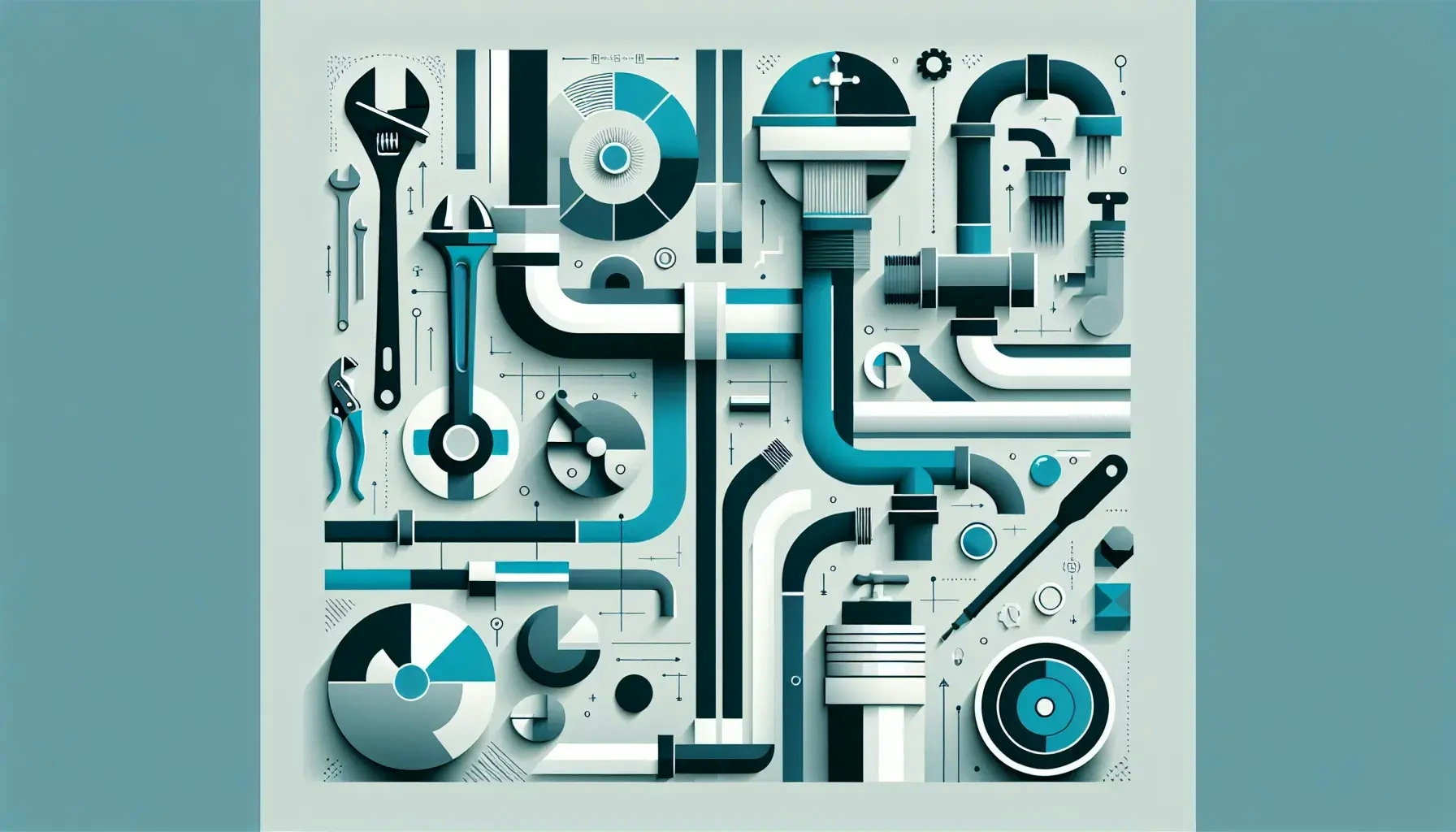Plumbing is an essential part of any home, yet it often goes unnoticed until something goes wrong. This blog post aims to change that by providing you with the best plumbing maintenance tips. By following these tips, you can prevent costly repairs and ensure your plumbing system remains in top shape. Let's dive into the world of pipes, drains, and faucets, and learn how to keep them working efficiently.
Understanding Your Plumbing System
Plumbing systems can seem complex, but once you understand the basics, maintaining them becomes much easier. Your plumbing system consists of two main parts: the water supply system and the drainage system. The water supply system brings fresh water into your home, while the drainage system removes waste water.
The water supply system operates under pressure to deliver water to your faucets, toilets, and appliances. It includes water pipes, valves, and faucets. On the other hand, the drainage system relies on gravity to carry waste water away from your home. It includes drains, traps, and vents.
Regular maintenance of both systems is crucial to prevent problems. For the water supply system, this means checking for leaks and ensuring valves are working correctly. For the drainage system, it involves keeping drains clear and ensuring vents are not blocked.
Preventing Leaks
Leaks are a common plumbing problem, but they can often be prevented with regular maintenance. Start by inspecting your faucets and showerheads for drips. Even a small drip can waste a significant amount of water over time, not to mention the potential damage to your home.
Next, check your toilets for leaks. A running toilet can waste up to 200 gallons of water per day! To check for a leak, add a few drops of food coloring to the toilet tank. If the color appears in the bowl within 15 minutes, you have a leak that needs fixing.
Don't forget to check your water heater for leaks as well. A leaking water heater can lead to significant water damage and a high utility bill. Inspect the tank and connections for signs of moisture or rust.
Keeping Drains Clear
A clogged drain can be a major inconvenience, but it's often preventable. One of the best ways to keep drains clear is to be mindful of what you put down them. Avoid disposing of grease, coffee grounds, and food scraps in your kitchen sink. These items can build up in your pipes and lead to clogs.
In the bathroom, use a drain cover to catch hair and soap scum. Regularly clean the cover to prevent buildup. Also, avoid flushing anything other than toilet paper down the toilet. Even "flushable" wipes can cause clogs.
If you do notice a slow drain, don't reach for the chemical drain cleaner right away. These products can be harsh on your pipes. Instead, try using a plunger or a plumber's snake to clear the clog.
Maintaining Your Water Heater
Your water heater is an essential part of your plumbing system, and regular maintenance can extend its lifespan and improve its efficiency. Start by checking the temperature setting. It should be set to no higher than 120 degrees Fahrenheit to prevent scalding and reduce energy use.
Next, drain and flush the tank annually to remove sediment buildup. Sediment can cause your water heater to work harder and lead to premature failure. If you're not comfortable doing this yourself, consider hiring a professional.
Finally, inspect the anode rod every two to three years. The anode rod attracts corrosive elements and protects your tank from rusting. If it's worn out, it's time to replace it.
Winterizing Your Plumbing
If you live in a cold climate, winterizing your plumbing is a crucial maintenance step. Start by disconnecting and draining outdoor hoses. If water is left in the hose, it can freeze and expand, causing your faucets and pipes to burst.
Next, insulate your pipes. This is especially important for pipes located in unheated areas of your home, such as the garage or crawl space. You can use pipe insulation or heat tape to protect your pipes from freezing.
Finally, know where your main water shutoff valve is located. If a pipe does freeze and burst, you'll need to shut off the water quickly to prevent flooding.
When to Call a Professional
While many plumbing maintenance tasks can be done yourself, there are times when it's best to call a professional. If you're dealing with a major leak, a sewer backup, or a water heater problem, it's time to call a plumber.
Also, if you're not comfortable doing a task or if it involves working with gas or electricity, it's safer to hire a professional. Remember, the goal of maintenance is to prevent problems and extend the life of your plumbing system, not to put yourself or your home at risk.
Wrapping Up Our Plumbing Maintenance Guide
Maintaining your plumbing system doesn't have to be a daunting task. By understanding your system, preventing leaks, keeping drains clear, maintaining your water heater, winterizing your plumbing, and knowing when to call a professional, you can keep your plumbing system in top shape. Remember, a little preventive maintenance can go a long way in preventing costly repairs. Happy plumbing!

